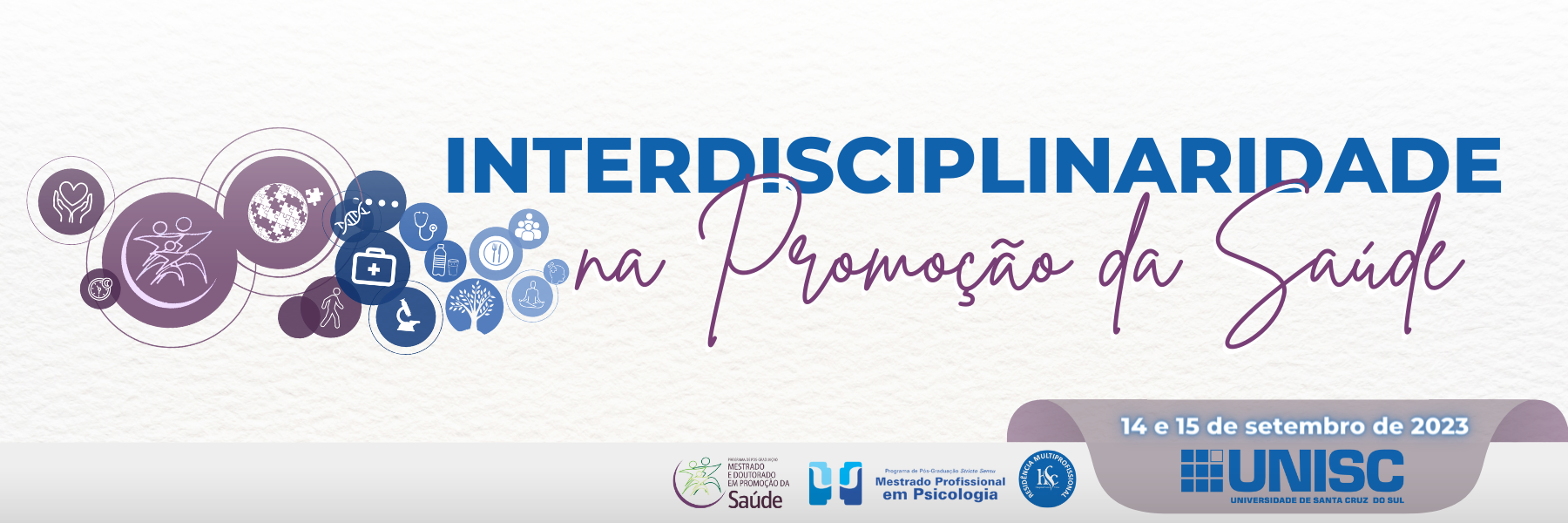EVENT LOCATION
Santa Cruz do Sul, Rio Grande do Sul
Santa Cruz do Sul is the fifth-largest economy in the State and one of the ten largest cities in Rio Grande do Sul. With just over 133,000 inhabitants, according to the 2022 Brazilian Institute of Geography and Statistics (IBGE) estimate, the municipality is located in the Vale do Rio Pardo, in the central region of Rio Grande do Sul, only 155 kilometers from Porto Alegre. It is bordered by the municipalities of Passo do Sobrado, Venâncio Aires, Sinimbu, Vera Cruz, and Rio Pardo, with access through BR 116, BR 386, and RSC 287.
According to the Foundation of Economics and Statistics (FEE) and the IBGE, Santa Cruz do Sul jumped from the eighth position in 2013 to the fifth position in 2014 in the state's Gross Domestic Product (GDP) ranking. The economic performance shows a growth of 19.05%, well above the state's nominal increase of 7.7%.
As a global pole of the tobacco industry, the Municipality's main source of revenue, employment, and income comes from tobacco. According to data from AFUBRA, referring to the Socio-economic Diagnosis of Tobacco Farming Properties (2014/2015), there are currently 2,600 owners and 3,400 families involved in this culture, on properties with an average size of 12.7 hectares. Although the tobacco sector represents a significant portion of the industrial sector, diversification is already a growing reality in the Municipality. Notable industries in the food, metallurgical, and pharmaceutical sectors.
For more information about tourist attractions in Santa Cruz do Sul, visit: http://www.santacruz.rs.gov.br/municipio/pontos-turisticos
– University of Santa Cruz do Sul
The history of higher education in Santa Cruz do Sul and the Vale do Rio Pardo began in the 1960s when the community mobilized and joined forces to make this goal possible.
The Association for the Advancement of Education in Santa Cruz do Sul - APESC, the maintainer of the University of Santa Cruz do Sul - UNISC, was founded in 1962 and after two years obtained approval for the operation of the first College of Accounting Sciences. Later, the College of Philosophy, Sciences, and Letters, the College of Law, and the School of Physical Education were created. New undergraduate courses were created, and in 1980, the four colleges maintained by APESC became the Integrated Colleges of Santa Cruz do Sul - FISC.
APESC and FISC aimed to harmonize the concept of UNISC with the aspirations of the regional community, and therefore decided to continue the "Thinking about the University" Seminars, this time holding well-attended meetings with the local communities of neighboring municipalities such as Sobradinho, Candelária, Venâncio Aires, Rio Pardo, Pantano Grande, and Encruzilhada do Sul, which was very important for the future realization of research and extension projects in partnership.
After UNISC's recognition, the implementation of undergraduate courses and stricto sensu postgraduate programs accelerated, currently comprising eight master's and six doctoral programs, as well as several Lato Sensu postgraduate courses in various areas.
The community-oriented character brought UNISC to the stage of development it is today, characteristic of a University under construction, which grows in step with technological advances without neglecting quality and humanism.
In the technological field, UNISC is gaining density not only through its laboratories and the many courses offered in this area but also through the establishment of the Technological Incubator, which is already fully operational, and the Regional Scientific and Technological Park of UNISC - TecnoUNISC, which is being implemented in partnership with the Ministry of Science, Technology, and Innovation and the Secretary of Science, Innovation, and Technological Development of the State of Rio Grande do Sul. The UNISC Scientific and Technological Park (TecnoUNISC) is an environment for the production and management of technologies in its areas of expertise, serving as a favorable location for the development of technology-based, entrepreneurial, and innovative companies. Its purpose is to develop activities that promote interaction and synergy between research and development activities, generating innovative products, processes, and services. This is achieved through a continuous flow of knowledge and technology transfer between the university, companies, the state, and society.
APESC's commitment to society includes social actions that offer opportunities for social and intellectual growth to an increasing number of people, providing better living conditions, health, and education that contribute to the full experience of citizenship.
The promotion of projects related to health, education, sports, environment, communication, and technological development ensures the involvement of APESC and its institutions in the community, as institutions that prioritize the excellence of their projects, reinforcing the commitment to regional development.




